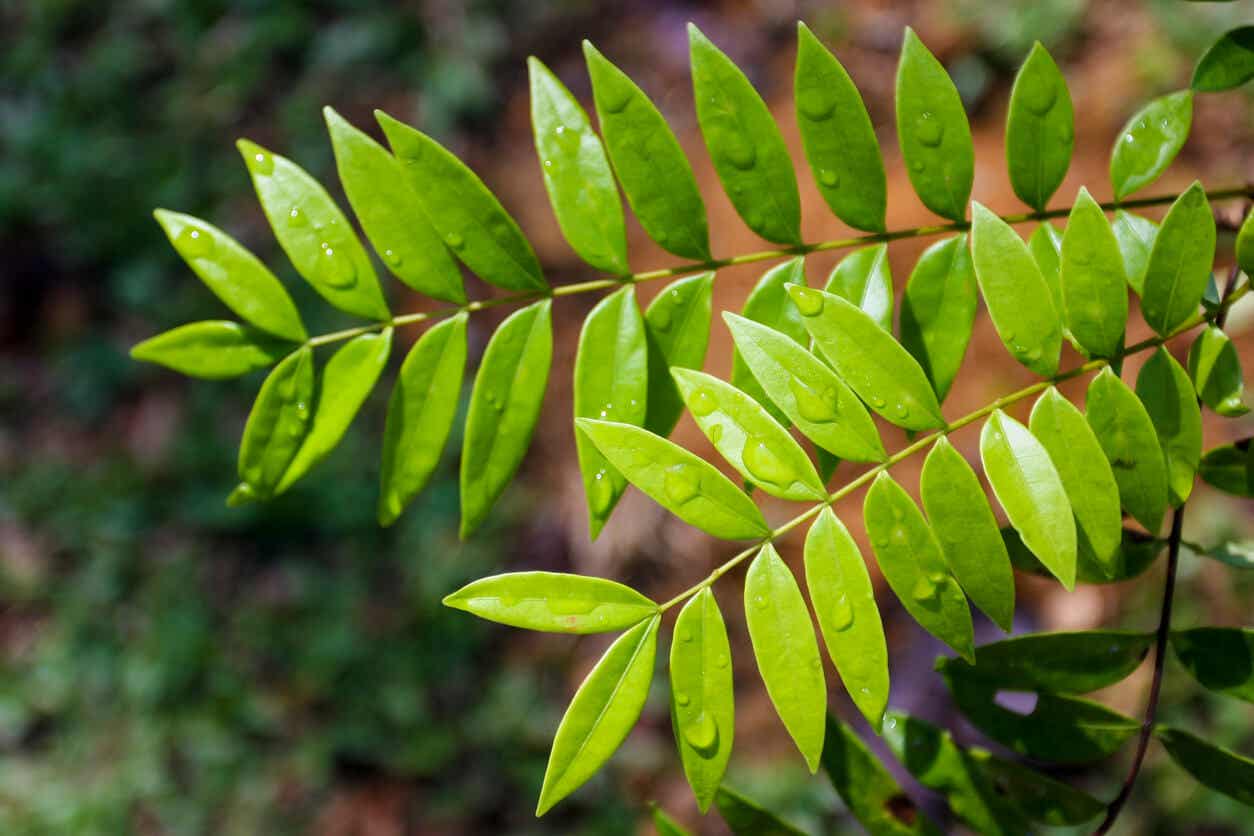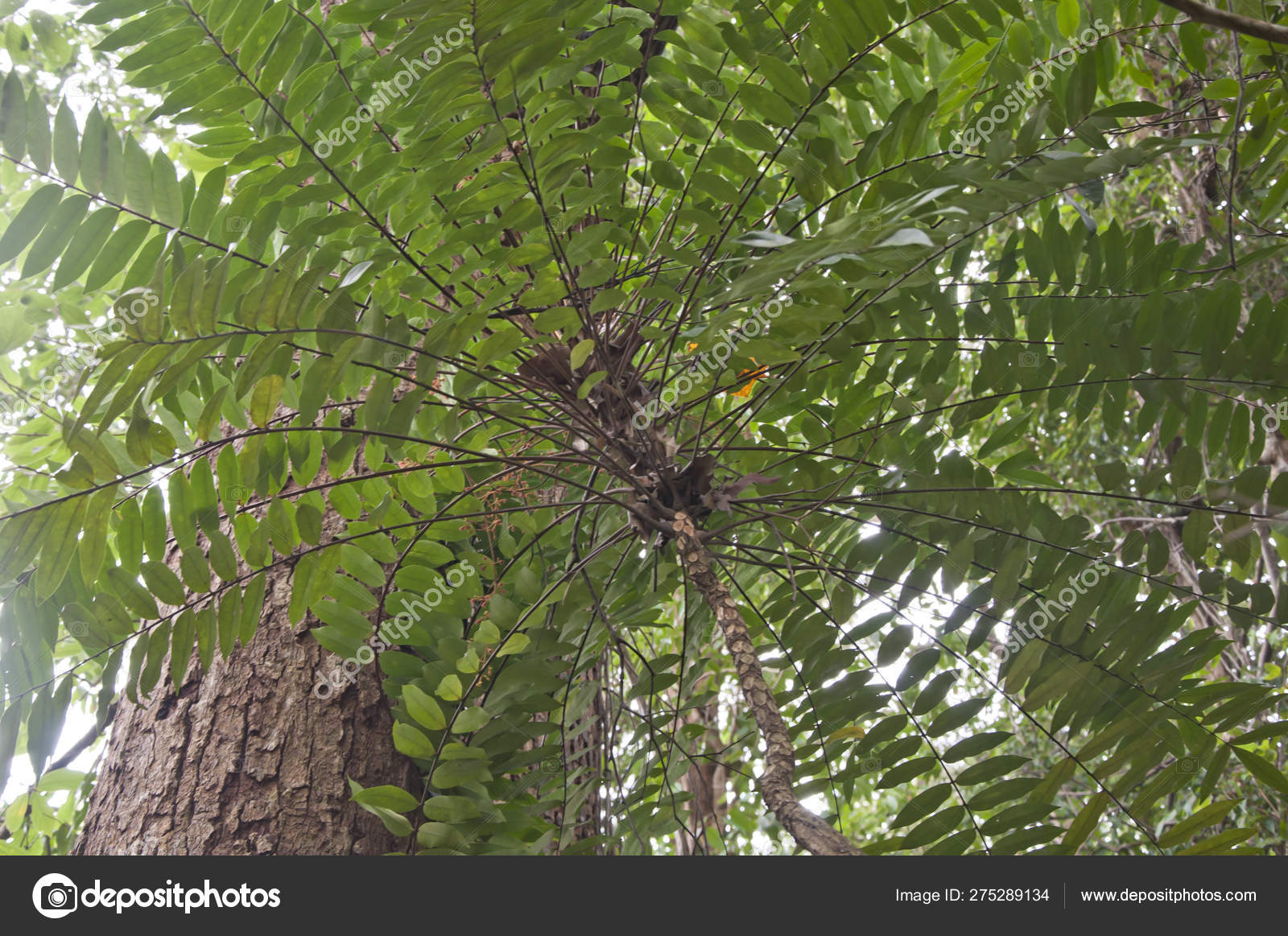Tongkat ali plant seeds, derived from the Eurycoma longifolia tree, have been revered for centuries in Southeast Asian cultures for their purported medicinal properties. This narrative delves into the fascinating world of tongkat ali seeds, exploring their unique composition, traditional uses, and modern scientific findings.
Scientific research has shed light on the bioactive compounds found in tongkat ali seeds, including alkaloids, saponins, and flavonoids. These compounds are believed to play a role in enhancing libido, boosting energy levels, and improving athletic performance.
Overview of Tongkat Ali Plant Seeds

Tongkat Ali, scientifically known as Eurycoma longifolia, is a flowering plant belonging to the family Simaroubaceae. Native to Southeast Asia, particularly in Malaysia, Indonesia, and Thailand, it is a perennial shrub that can grow up to 10 meters in height. The plant is characterized by its dark green, leathery leaves, arranged in a spiral pattern along its woody stems. Tongkat Ali produces clusters of small, reddish-brown flowers, followed by the development of fruits that contain the plant’s seeds.
Traditionally, Tongkat Ali seeds have been used in various cultures for their purported medicinal properties. In Southeast Asian traditional medicine, the seeds have been employed as an aphrodisiac, energy booster, and to treat various ailments, including malaria, fever, and diarrhea. The seeds are typically dried and ground into a powder, which is then consumed in capsule form or brewed as a tea.
Botanical Description
- Scientific Name: Eurycoma longifolia
- Family: Simaroubaceae
- Habit: Perennial shrub
- Height: Up to 10 meters
- Leaves: Dark green, leathery, arranged in a spiral pattern
- Flowers: Small, reddish-brown, clustered
- Fruits: Small, containing seeds
Chemical Composition and Health Benefits of Tongkat Ali Plant Seeds

Tongkat Ali seeds are renowned for their unique chemical composition, which includes a diverse array of alkaloids, saponins, and flavonoids. These compounds have been the subject of extensive research, revealing a multitude of potential health benefits.
Alkaloids
Tongkat Ali seeds contain a group of alkaloids known as quassinoids, which exhibit a range of pharmacological properties. Quassin is the primary alkaloid found in the seeds and is responsible for their characteristic bitter taste. Studies have shown that quassin possesses anti-inflammatory, antipyretic, and analgesic effects.
Saponins
Saponins are another important class of compounds found in Tongkat Ali seeds. These glycosides are known for their ability to form micelles, which can enhance the absorption of other nutrients. Additionally, saponins have been shown to possess antioxidant, anti-cancer, and immune-boosting properties.
Flavonoids, Tongkat ali plant seeds
Tongkat Ali seeds also contain a variety of flavonoids, including quercetin, kaempferol, and rutin. These compounds are potent antioxidants that can help protect cells from damage caused by free radicals. Flavonoids have also been shown to have anti-inflammatory, anti-allergic, and antiviral properties.
Health Benefits
The unique chemical composition of Tongkat Ali seeds has been linked to a wide range of health benefits, including:
- Enhanced libido and sexual function
- Increased energy levels and athletic performance
- Improved mood and cognitive function
- Reduced stress and anxiety
- Boosted immune system
Cultivation, Harvesting, and Processing of Tongkat Ali Plant Seeds

Tongkat Ali, scientifically known as Eurycoma longifolia, is a tropical tree native to Southeast Asia. Its seeds have been traditionally used in herbal medicine for centuries due to their purported health benefits. Cultivating, harvesting, and processing Tongkat Ali seeds involve specific techniques to ensure optimal quality and potency.
Cultivation Practices
Tongkat Ali plants thrive in warm, humid climates with well-drained soil. They require partial shade and protection from strong winds. Cultivation practices include:
- Seed propagation: Seeds are sown in well-prepared seedbeds and kept moist.
- Transplanting: Seedlings are transplanted to the field after 6-8 weeks.
- Fertilization: Regular fertilization with organic or inorganic fertilizers promotes plant growth.
- Pest and disease management: Proper sanitation and timely application of pesticides and fungicides protect plants from pests and diseases.
Harvesting and Processing
Tongkat Ali seeds are typically harvested when the fruits turn from green to reddish-brown. Traditional harvesting methods involve manually collecting the ripe fruits from the tree. Modern methods utilize mechanical harvesters for larger-scale operations.
Once harvested, the fruits are processed to extract the seeds. Traditional methods include:
- Sun-drying: Fruits are spread out in the sun to dry.
- Fermentation: Fruits are fermented in water for several days to soften the pulp.
Modern processing techniques include:
- Mechanical extraction: Machines are used to separate the seeds from the pulp.
- Solvent extraction: Organic solvents are used to extract active compounds from the seeds.
Factors Influencing Quality and Potency
The quality and potency of Tongkat Ali seeds are influenced by several factors:
- Harvesting time: Seeds harvested at optimal maturity have higher concentrations of active compounds.
- Storage conditions: Seeds should be stored in a cool, dry place to maintain their potency.
- Extraction method: Different extraction methods yield varying amounts of active compounds.
By following proper cultivation, harvesting, and processing practices, the quality and potency of Tongkat Ali plant seeds can be optimized for maximum health benefits.
/Tongkat-resized-569fee0b5f9b58eba4adf97e.jpg)